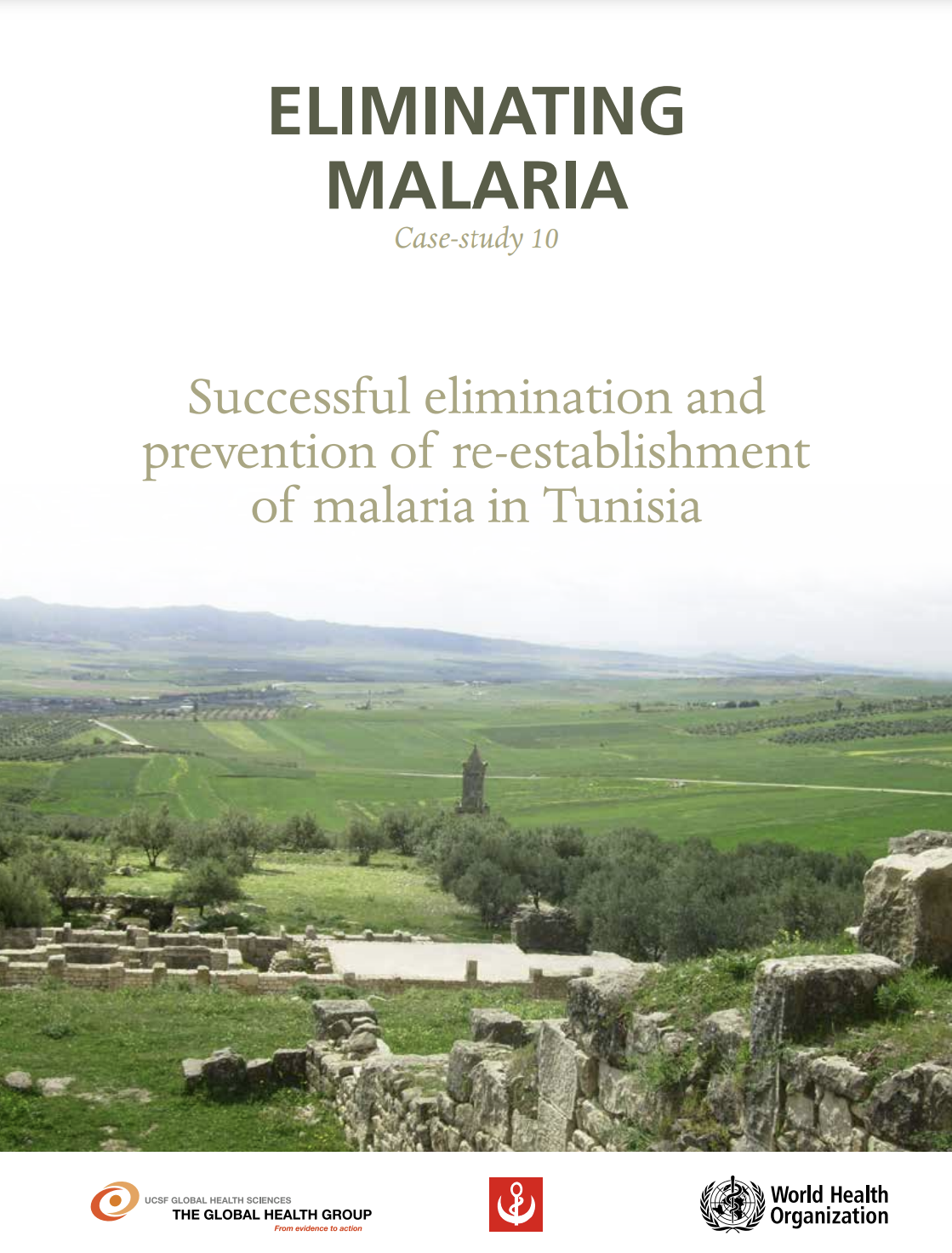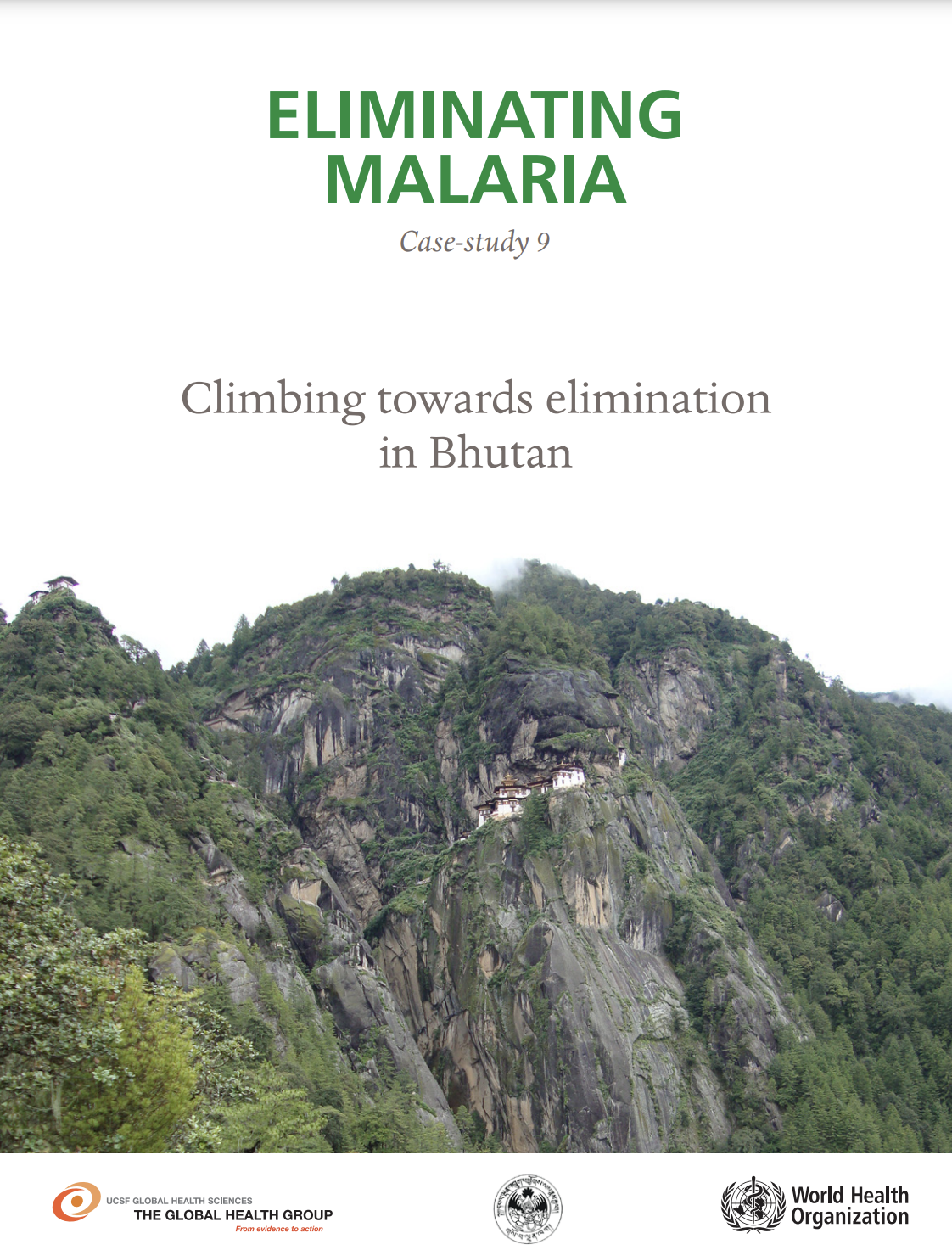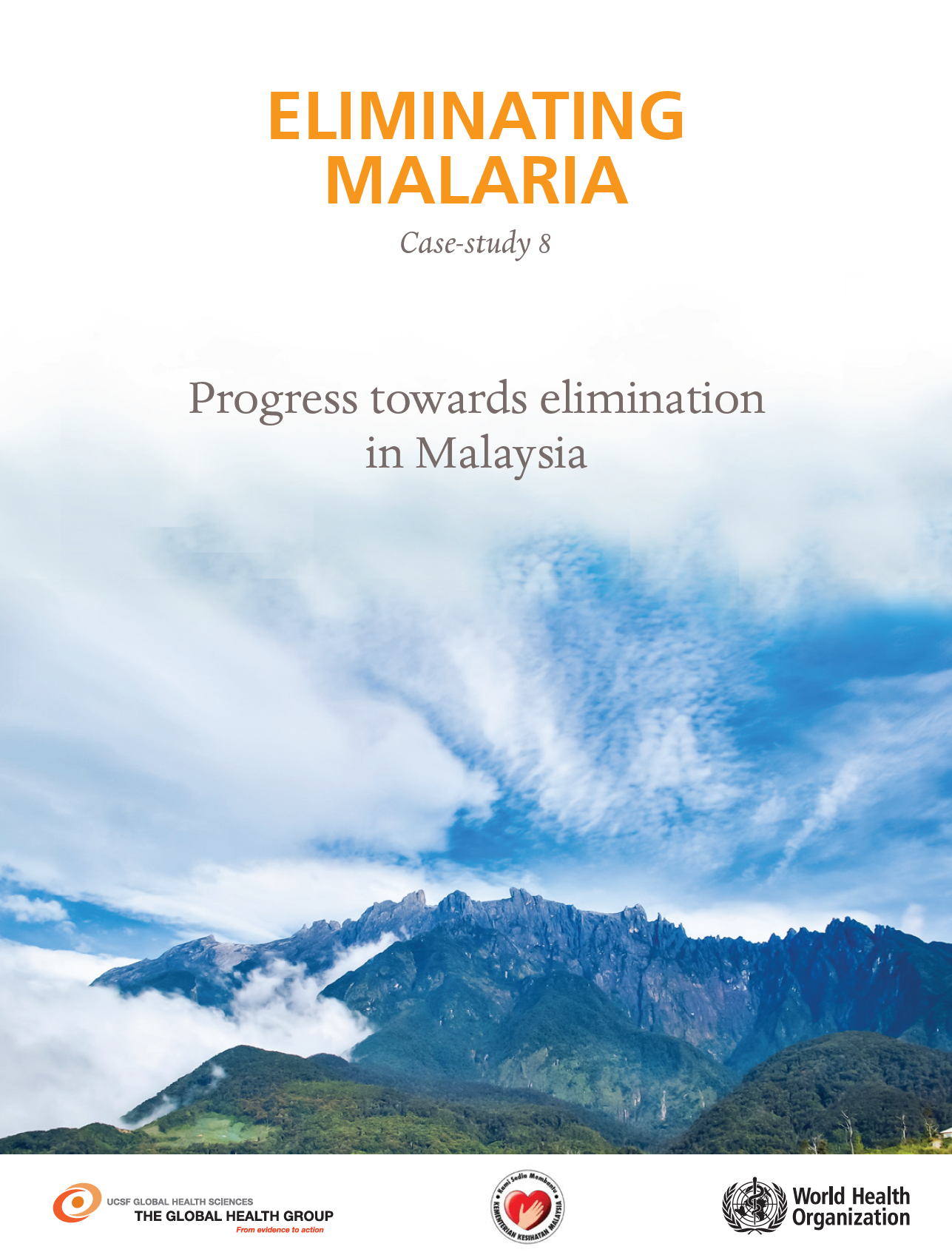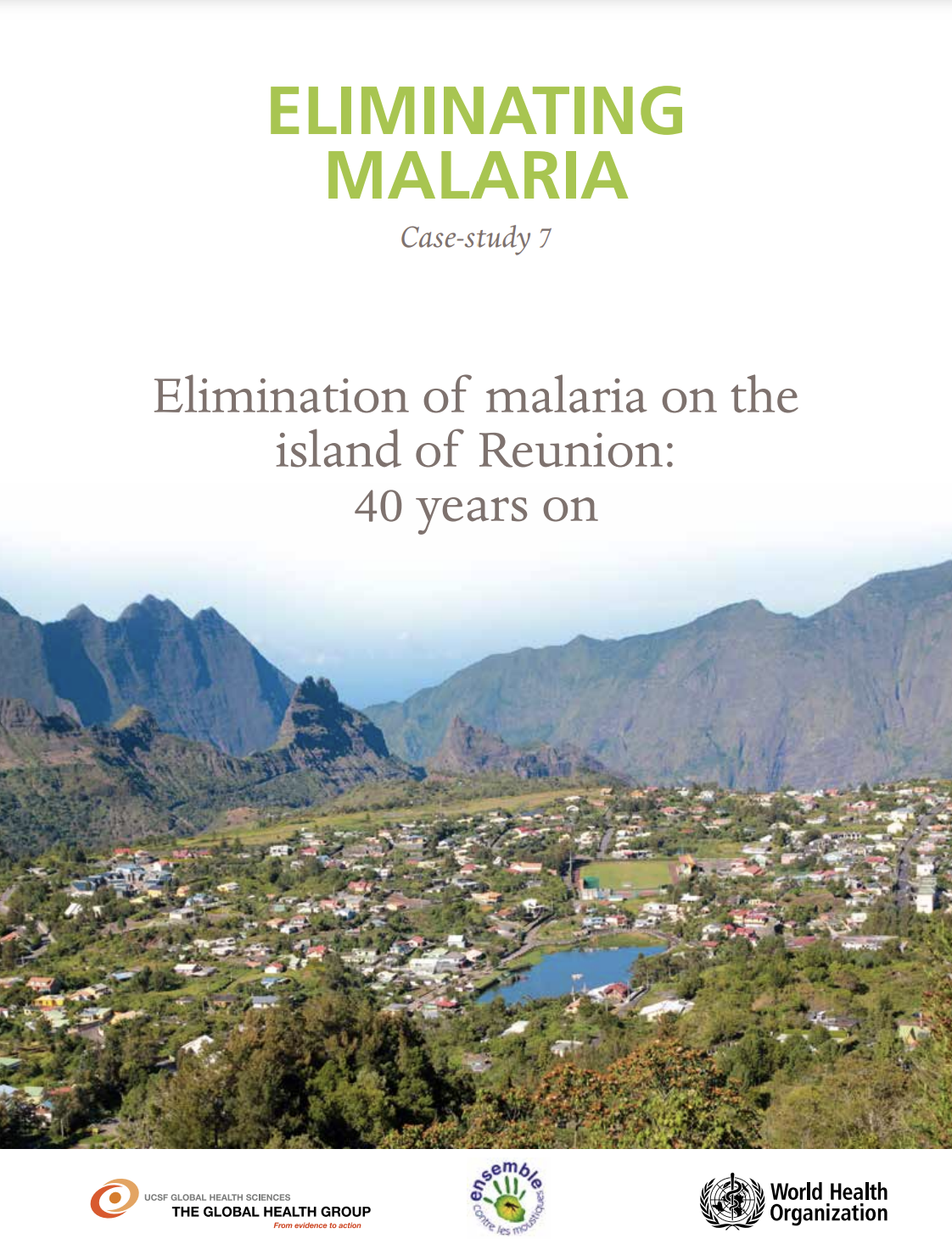Eliminating malaria (case study 10): Successful elimination and prevention of re-establishment of malaria in Tunisia
Collaborator(s): University of California San Francisco (UCSF), United States
Countries: Tunisia
Published: 15/09/2014
The WHO Global Malaria Programme and the Global Health Group at the University of California in San Francisco, supported by the Bill and Melinda Gates Foundation, launched a new series of case-studies on malaria elimination: Eliminating malaria. In this series, national malaria control programmes and researchers generate new evidence about what works – and what does not – for reaching and sustaining zero malaria transmission.
The objective of this case-study series is to build an evidence base to support intensification of malaria elimination as an important step in achieving international malaria targets. Ten case-studies were prepared and all together provide insights into and lessons to be learned from a wide range of elimination approaches and geographical settings.
This case study describes and evaluates malaria control activities in Tunisia, which aimed for a stable reduction in the disease burden during the 20th century, and the subsequent strategies to eliminate malaria. Tunisia’s success in preventing the reestablishment of malaria and keeping
the country free of the disease over the past 35 years is explained. Lessons for countries that are embarking on malaria elimination
or are in the prevention of reintroduction phase are distilled.



